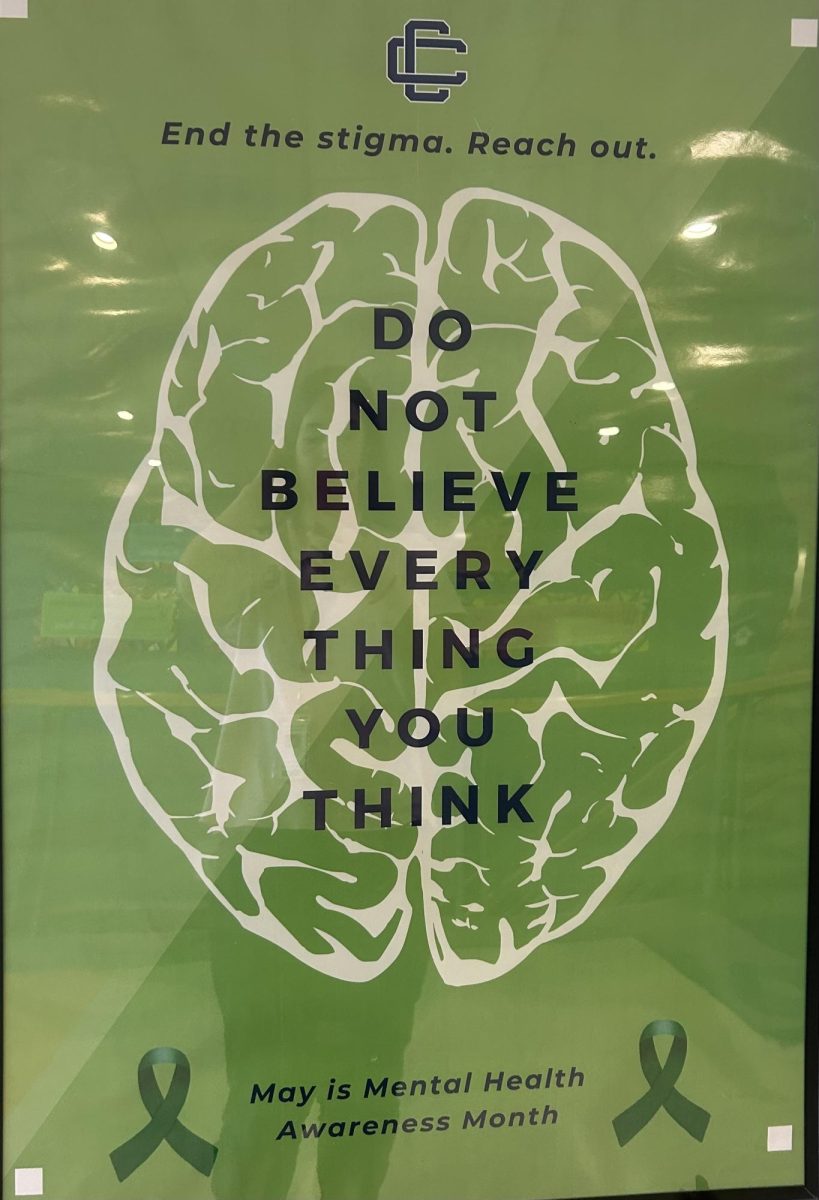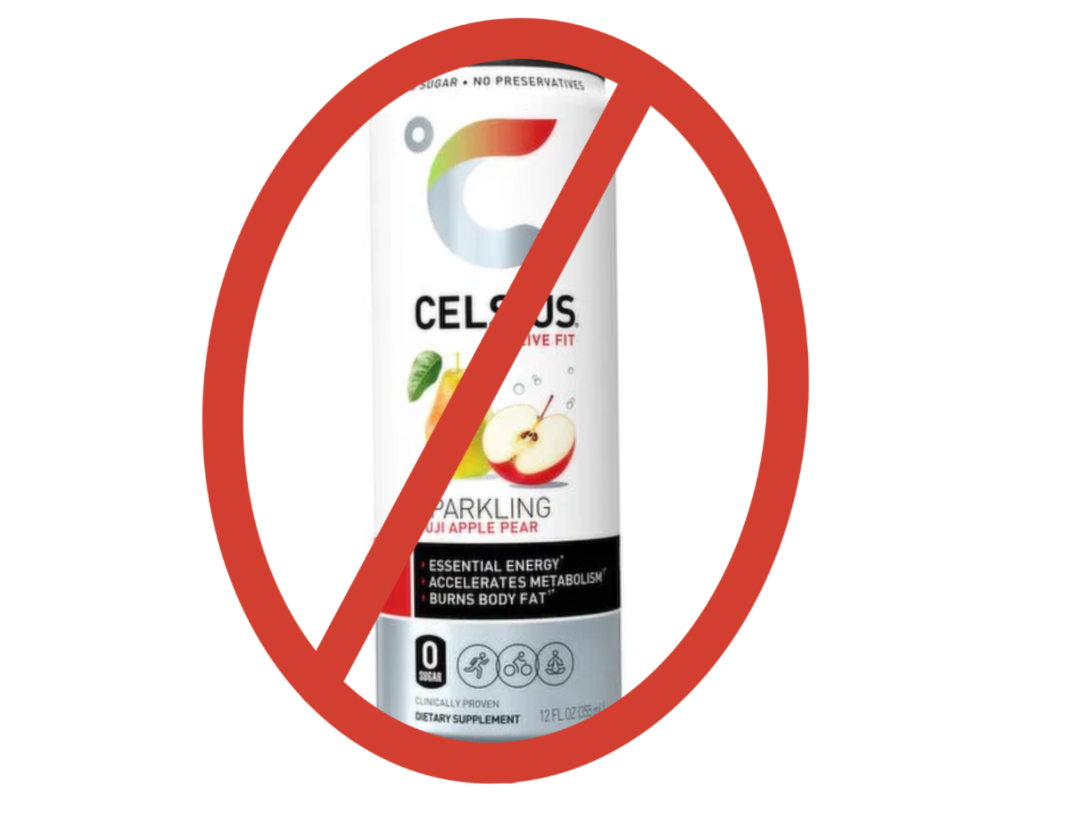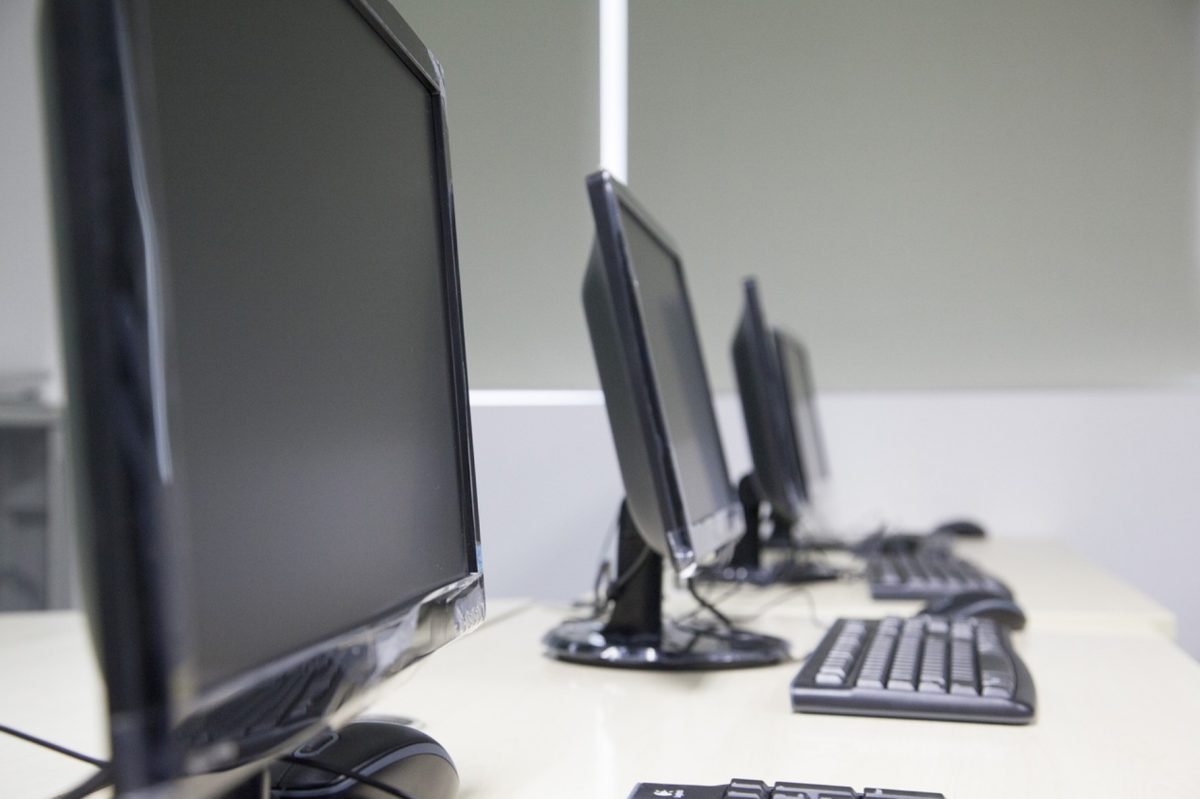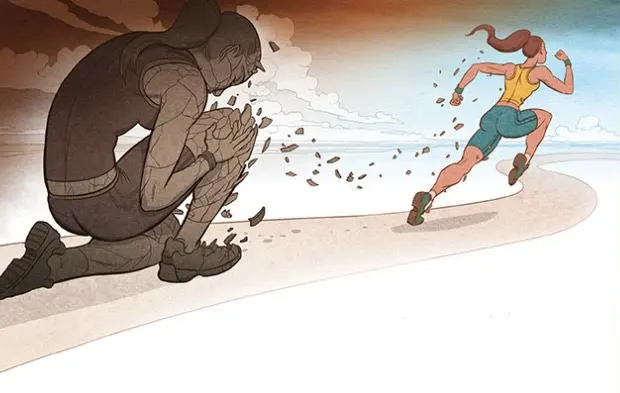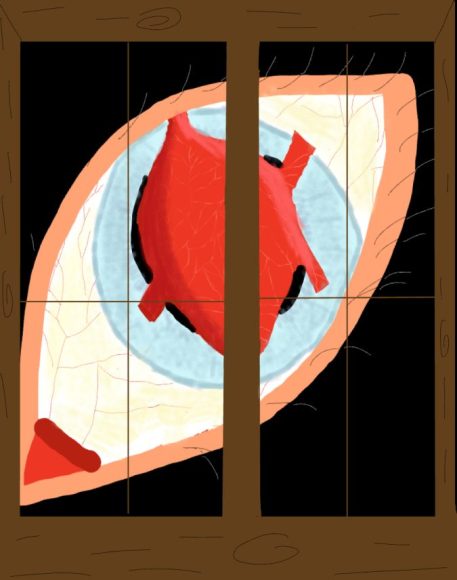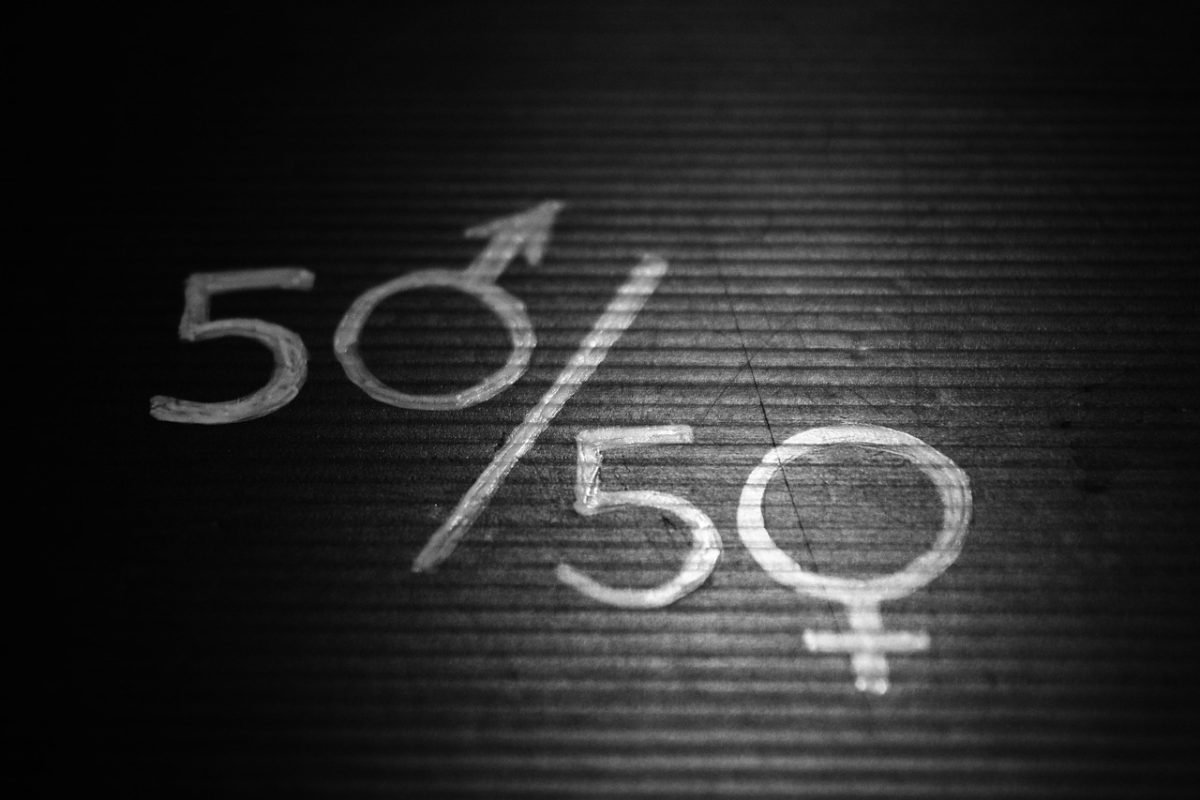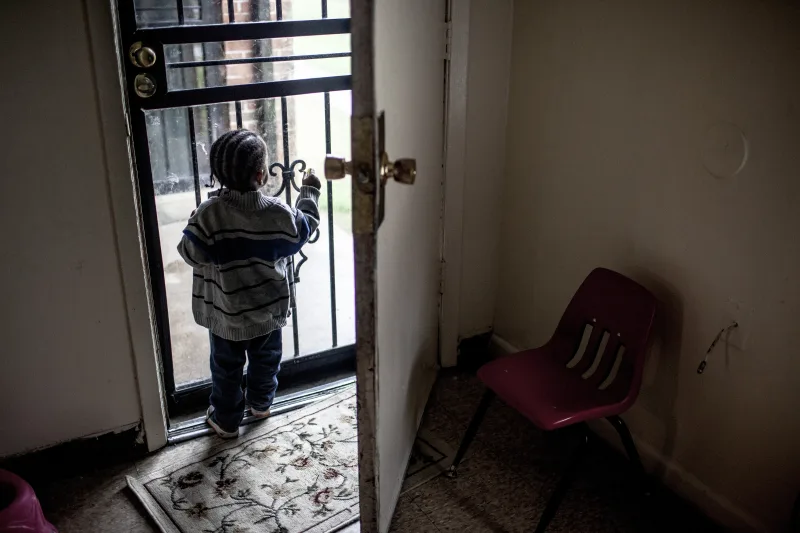According to Cenus.gov, as of 2021, 16.9% of children in America live in severe poverty. This is something not everyone thinks about. People who don’t experience poverty usually don’t realize that almost 40 million Americans live in poverty. The poverty line in America is the income level below which people are considered to be living in poverty. Poverty is when one does not have enough money to afford basic necessities like food, clothing, clean water, education, and etc. According to studies conducted by Matthew Desmond, a sociologist and professor at Princeton University, kids that grow up in poverty have a tougher time overcoming it as adults. If children no not get the education they need to prepare them for college or technical training, it is more difficult for them to find jobs as adults that pay enough to pay their bills.
The pandemic had a major impact on people’s lives and careers. Many businesses closed and people lost their jobs, and as a result, unemployment rates went up significantly. This affected many families with children who were living close to the poverty line, making it hard to feed and care for everyone in the house.
Employment in particular is an extremely important variable that is crucial in establishing poverty levels since it has a direct impact on a person’s capacity to earn a livable income and obtain needs like food, housing, and healthcare. According to Professor Desmond, “The United States offers some of the lowest wages in the industrialized world.” This means that even if someone has a job that does not mean they will be able to pay their bills. Undocumented workers are even more disadvantaged with more than a third of undocumented workers receiving wages that are below the minimum wage. To make things worse, 85% of undocumented workers don’t get paid for working overtime.
Based on findings by the The American Psychological Association, there are about one million people under the age of 18 who are undocumented and 4.4 million under the age of 30. Almost 50% of undocumented adults are parents to minors. In which, around 5.5 million children may have only one documented parent. When children and young adults are undocumented, they may face barriers to accessing education, healthcare, and job opportunities. These challenges can contribute to a higher risk of poverty for them and their families.
Despite high rates of poverty, there remain a lot of unfair labor practices in the U.S. Underpaying employees is not an essential, if unpleasant, negative impact of capitalism. Although workers try to earn as much money as possible, without a college degree, they make substantially less (-10%) money than others with one. To make matters worse, many underpaid workers cannot access bank accounts and have to use check-cashing businesses to get their pay. Desmond also said, “that a worker who is paid $10 an hour and takes a $1,000 check to a check-cashing outlet will pay $10 to $100 just to receive the money he has earned, effectively losing one to 10 hours of work”. You may not think much when cashing in checks, but in the end, they all add up and can be a major problem for a lot of people.
Having a job can give people the means and chances they need to maintain themselves and their families in the long run. Employment can help to lower poverty rates and promote economic stability. However, this may not be the case for everyone; sometimes even people with jobs still do not have enough to pay for their basic needs, which leaves them in poverty. It’s a horrific feeling, knowing one may not be able to support their family or give them the life they hoped for.
Sadly, many of these people become stuck in a vicious cycle of struggling to make ends meet and wondering how they will ever get ahead. Poverty in the United States is often overlooked, and many Americans do not realize that a staggering number of their fellow citizens live in poverty. According to Desmond, “Many writers have depicted America’s poor as unseen, shadowed and forgotten people: as “other” or “invisible”’. Even while their problems frequently go unnoticed by those who might take their own financial security for granted, being able to pay your bills without the worry of not having enough money, remains out of reach for many people living and working in poverty.
When you are not able to make enough money for everyday needs, then it becomes a real life struggle. This may lead to mental disorders such as depression or suicide attempts. According to the U.S Department of Health and Human Services, “Childhood poverty is associated with developmental delays, toxic stress, chronic illness, and nutritional deficits”.The U.S Department HHS found that, “that men and women in the top 1 percent of income were expected to live 14.6 and 10.1 years longer respectively than men and women in the bottom 1 percent”. A person’s income can make a tremendous impact on their health. Low-income individuals may not have the financial opportunities for expensive medication or treatments, as well as less access to healthier foods. This can all influence health outcomes and stress.
If one is living under the stress of not being able to pay bills, then they may find themselves unable to enjoy their life or pursue their goals due to financial stress. As a result, growing up in poverty can make it even that more difficult to get out of poverty.


